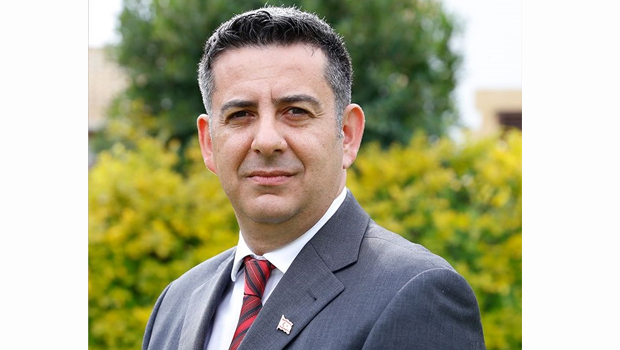
The President’s Special Advisor on International Relations and Diplomacy Prof. Dr. Hüseyin Işıksal emphasized that the United Nations Security Council is not part of the solution but part of the problem in the Turkish Republic of Northern Cyprus.
Evaluating the UN Security Council’s January 30th resolution on Cyprus, Işıksal noted that a just, permanent and sustainable solution in Cyprus can only be achieved with the current realities on the island, not with the unfair status provided to the Greek Cypriot side.
The President’s Special Advisor on International Relations and Diplomacy Prof. Dr. Hüseyin Işıksal wrote about all aspects of the UN Security Council’s Resolution 2723 dated January 30, 2024 on Cyprus for the AA Analysis.
Explaining that the resolution was met with reaction in the Turkish Republic of Northern Cyprus and Türkiye, Işıksal stated that the UN Security Council did not fulfil its basic duties such as treating the two sides on the island equally and finding a fair solution to the disputes.
Işıksal noted that TRNC authorities, which rejected this approach that ignores the will and existence of the Turkish Cypriot side, received full support from the Ministry of Foreign Affairs of Türkiye.
He stated that this decision, full of inconsistencies, which almost explains why the United Nations Peacekeeping Force has continued to stay on the island for so long in this period when we have entered the 60th anniversary of its deployment to the island, has once again shown that the Security Council is part of the problem, not the solution.
Emphasizing that Security Council Resolutions should be based on helping the parties in Cyprus to find common ground, not to impose a form of solution, Işıksal underlined that there is no reference in the Report to the cooperation proposals made by the Turkish Cypriot side under 6 headings that will benefit both peoples.
Işıksal pointed out that a just, permanent and sustainable solution in Cyprus can only be achieved with the current realities on the island, not with the virtual and unfair status provided to the Greek Cypriot side.
“If the UN Security Council really wants to contribute to a fair settlement on the island instead of being a symbol of failure, it should respect the sovereignty of the Turkish Cypriot people and make decisions within this framework,” Işıksal said in his analysis.